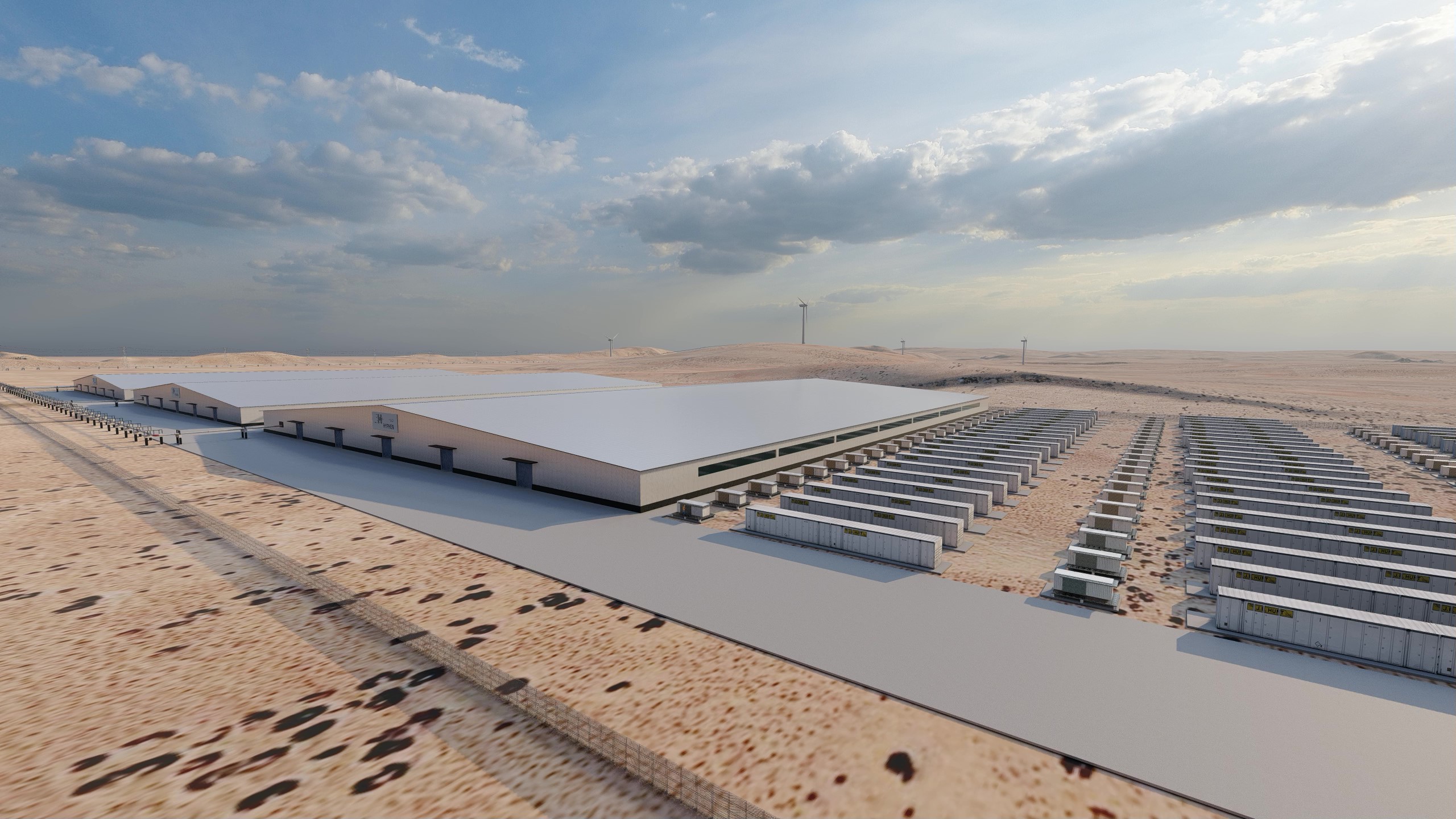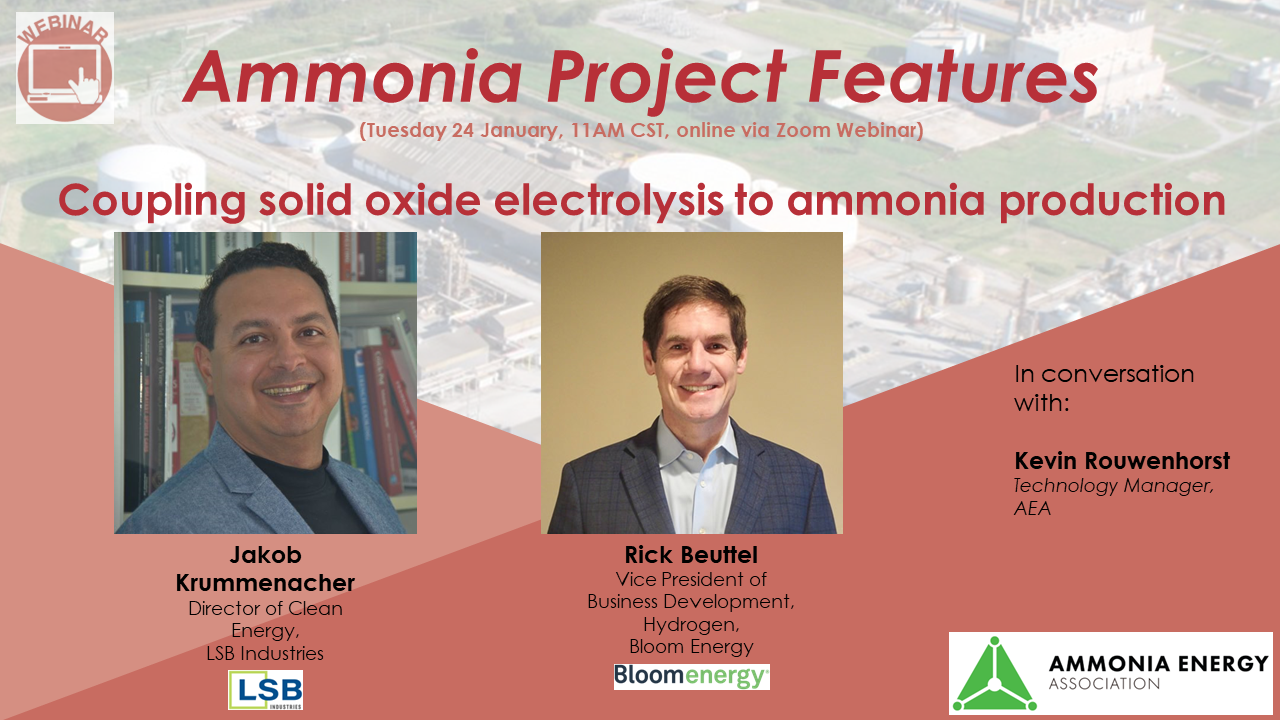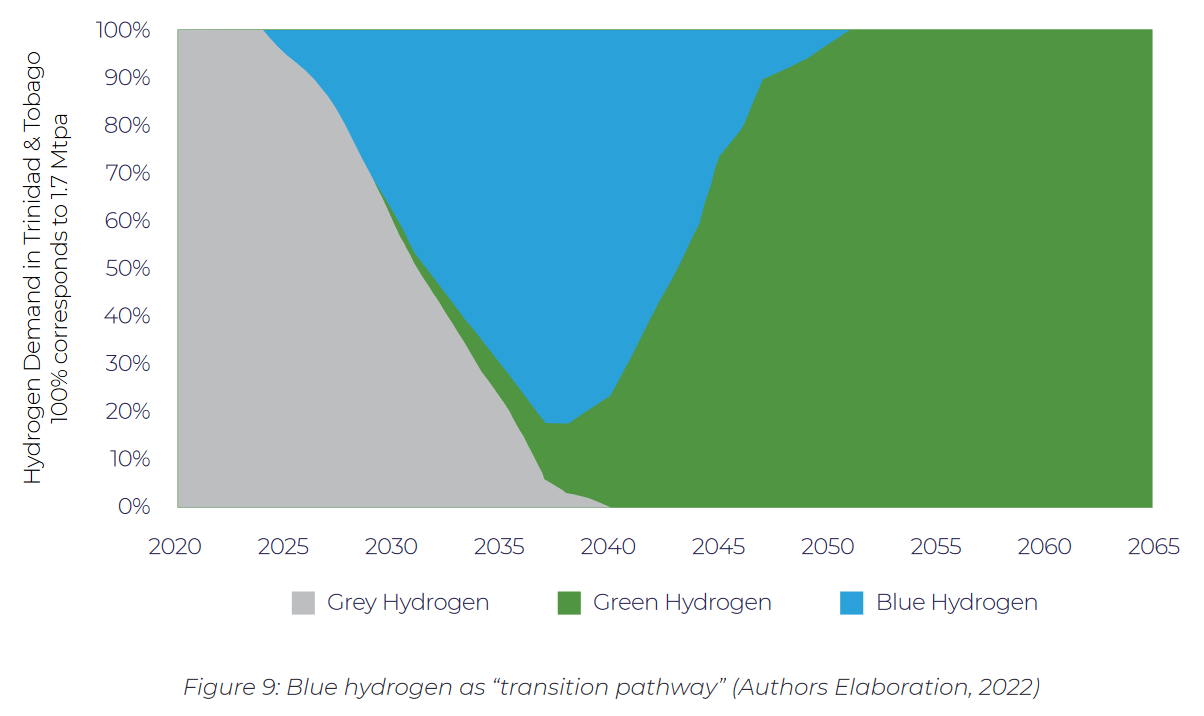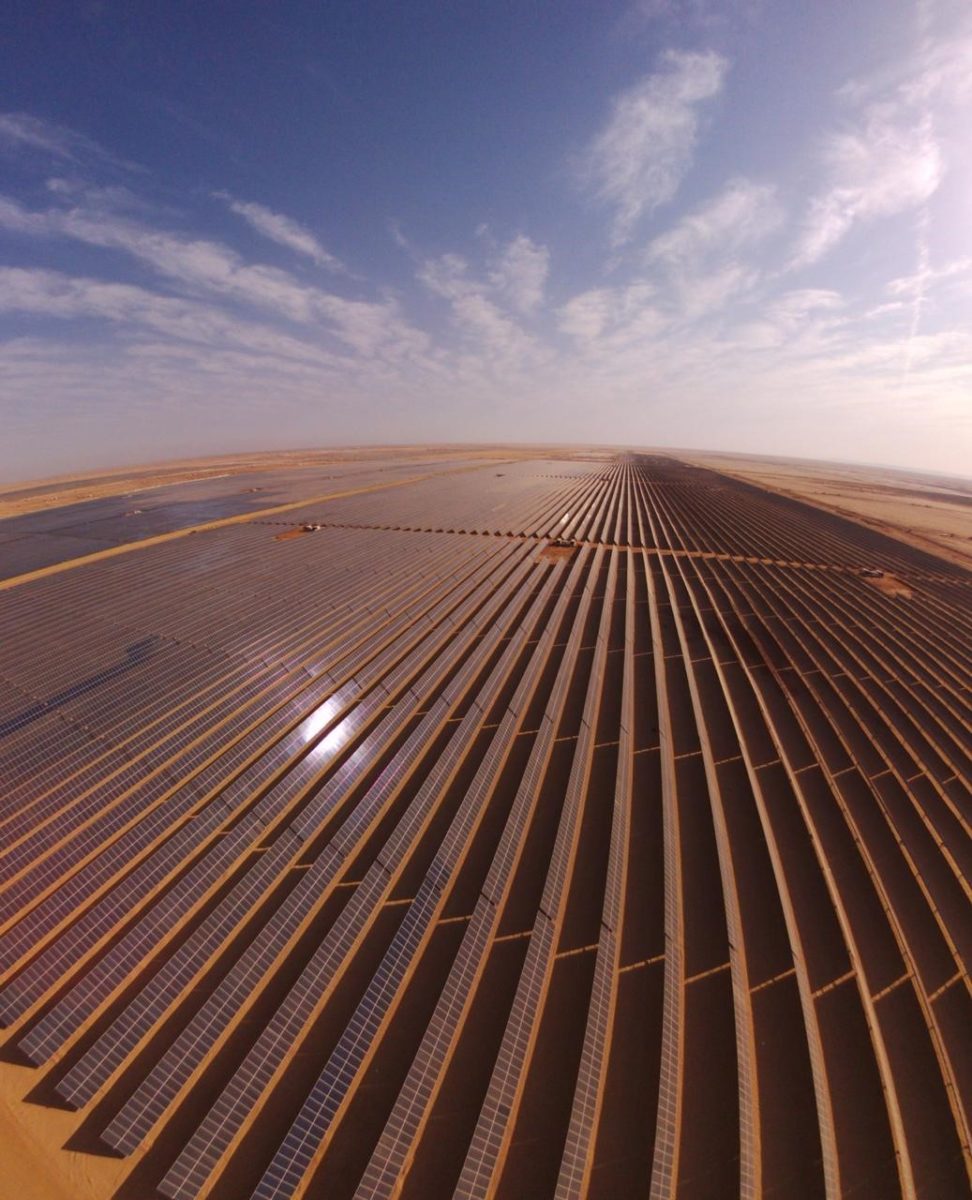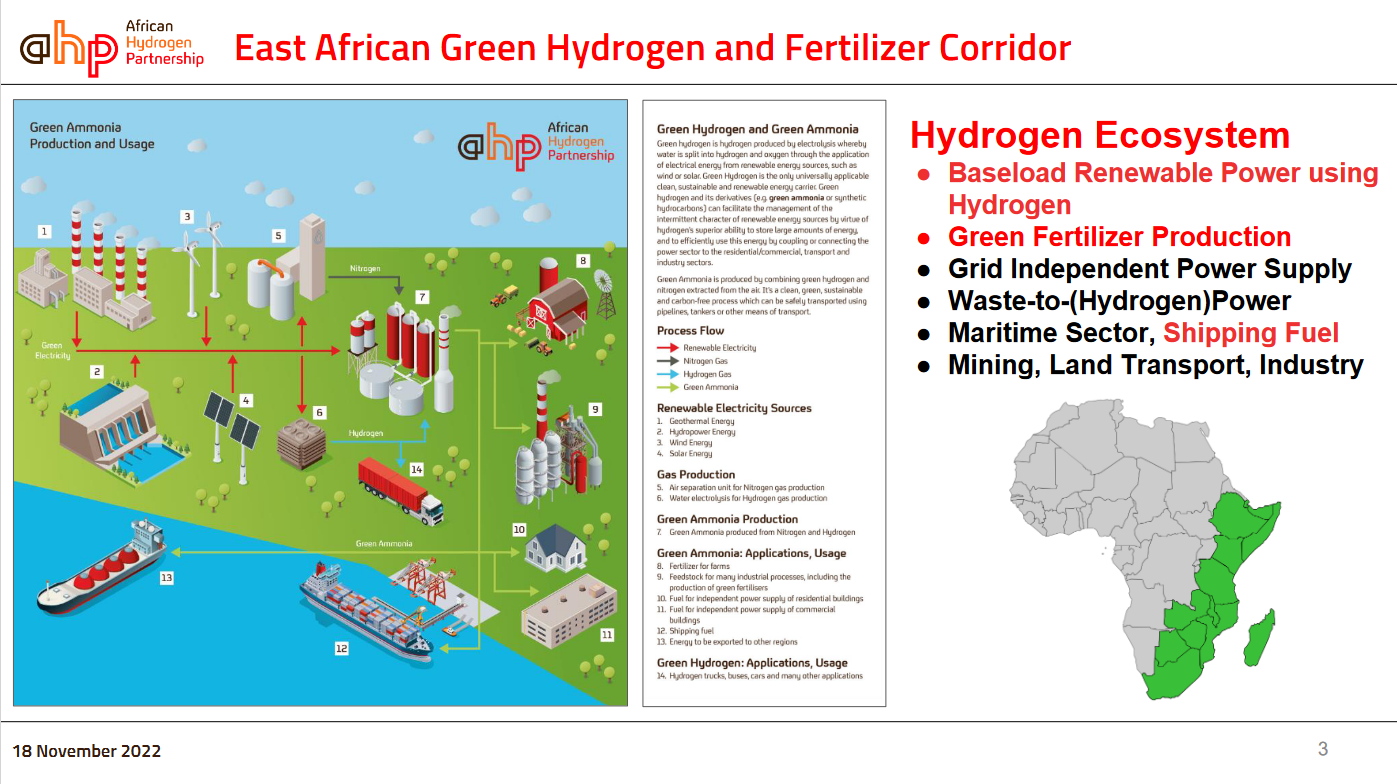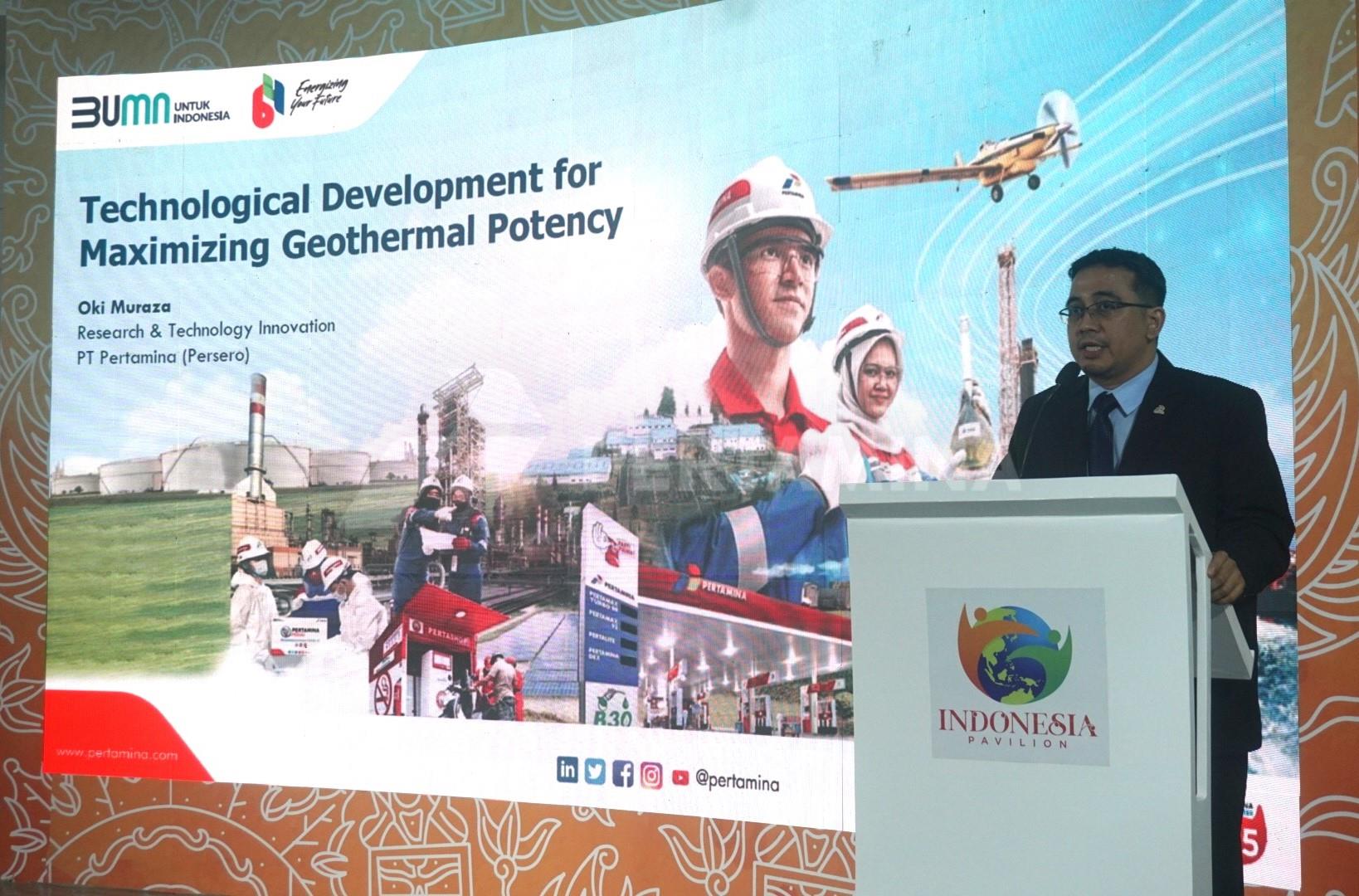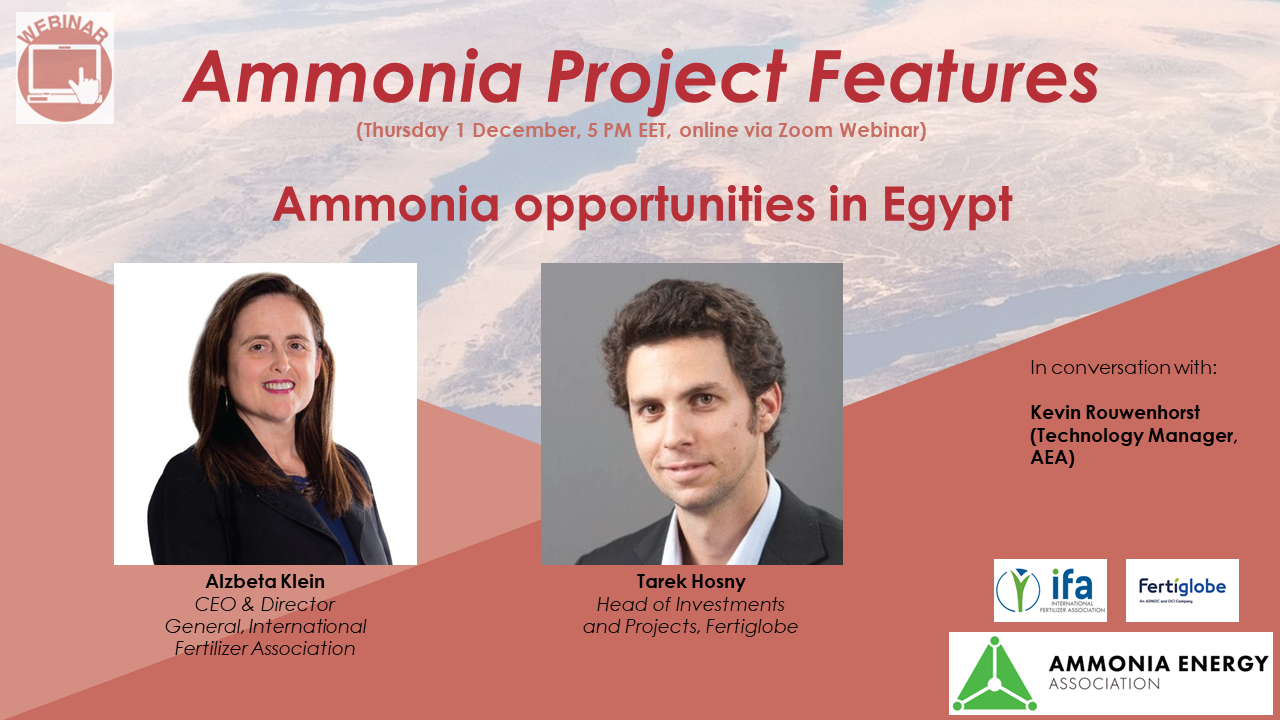In our December episode of Ammonia Project Features, our three guests focused on renewable ammonia production in Sub-Saharan Africa. Allan Manhanga (Sable Chemicals) took us through the story of renewable ammonia production in Zimbabwe from 1972 to 2015, and what is needed to restart the industry there. Ralph Koekkoek (MET Development) presented a new renewable ammonia & fertilizer project underway in Kenya, with a focus on local farmers and national food security. And Marcel Jacobs (African Hydrogen Partnership) emphasized the important role of organisations in raising awareness & de-risking future projects, particularly through approaches like the proposed East African Green Hydrogen and Fertilizer Corridor.

